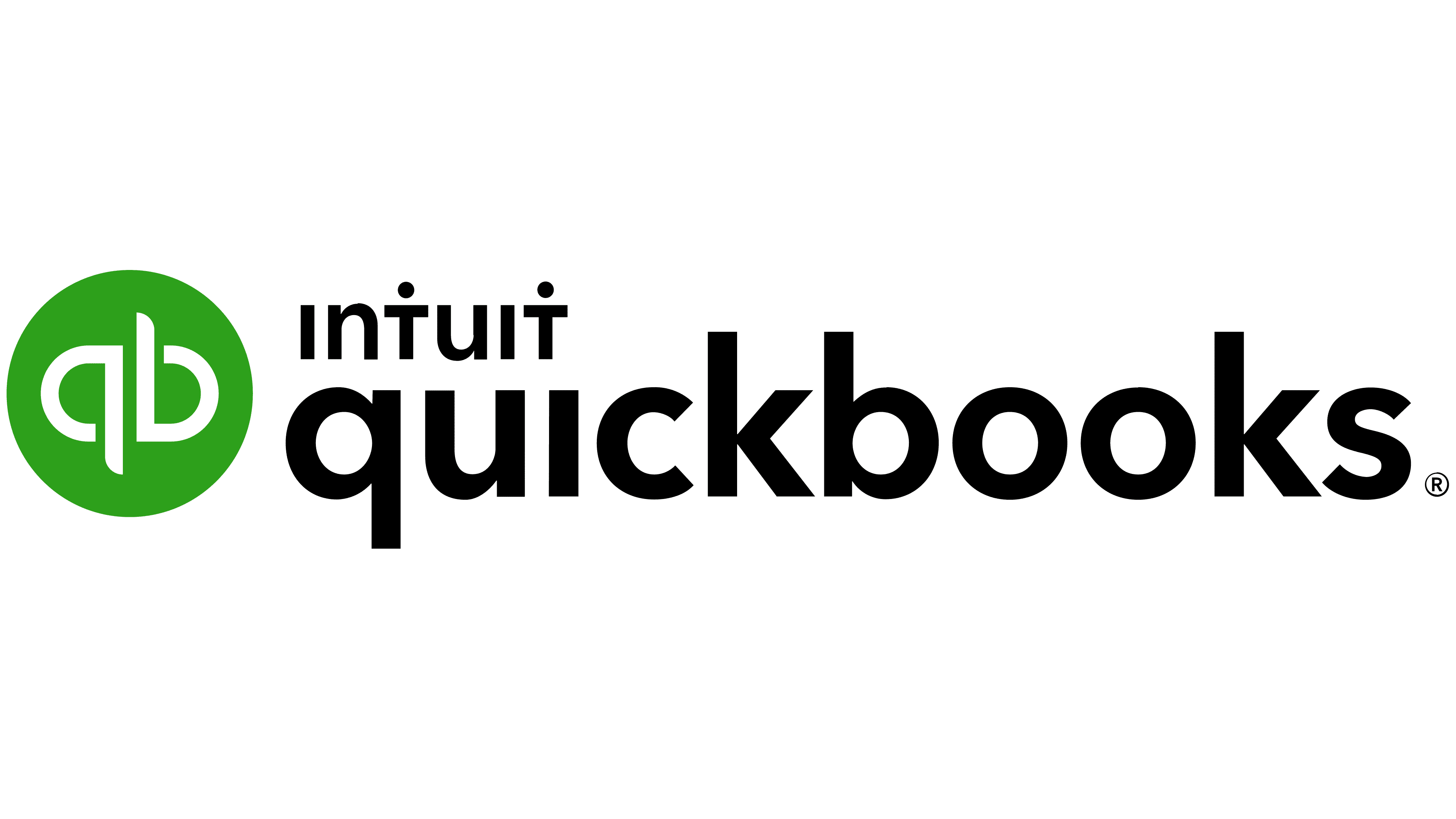Yes, you read the title right. Filing your tax return could potentially contribute something better to your business – and it’s the financial kind of betterment.
Lest we think that only a certain group of individuals is required to file their income tax returns, this step benefits anyone who files – even if their income does not reach a particular benchmark. While that is true for individual taxpayers, business owners could also stand to gain something from the religious practice of filing these tax returns.
Self-Employment Tax Credits: Debunking Tax Misinformation
So, let’s jump right into the eight benefits of filing tax returns for the benefit of your business.
- Acquire refunds on withheld taxes.
There will be instances in your tax-paying responsibilities when taxes are withheld from other income sources even if these are not supposed to be. However, you will not be able to discover these items if you don’t actually fill out these tax return forms and have all your dues calculated. Once all your taxable income is laid out, it will be put out in the open which ones are actually taxable and which are not. If it turns out that you’ve paid taxes mistakenly, then a refund is due to you. Isn’t that beneficial to help fund some business project you might be considering?
- Steer clear of penalties.
Not paying your taxes will result in interests and penalties. Diligent filing of tax returns shields you from these penalties. You can trust that these interests and penalties are not going to be good news.
- Gain access to loan applications.
It is important for business owners to keep their income records clean by paying their tax dues on time. This reflects their ability to settle dues on time, and this is an attractive factor to potential lenders. So, if you’re planning to expand your business and are looking for some financiers, lenders will not give you trouble if your taxes are paid on time.
- Receive protection from government liens.
If you don’t pay your taxes on time, the government has the right to claim your property. This situation is called the federal tax lien. In other words, when you pay your taxes in a timely manner, the government cannot meddle in your business transactions and income.
- Manage a budget.
Business owners benefit from setting and following a budget as much as individuals do. If you file your tax returns on a regular basis, then tax payments will be a wise inclusion in your budgets or financial projections. When business owners keep a budget, they can also stay on track of how they ought to manage their income and convert it into another profitable investment.
- Differentiate gross from net income.
Paying taxes on time will also give business owners an accurate picture of their net income versus the gross income. Being realistic about how much income you are generating after deductions are made could put you in a better position to set plans and projects that could improve your business even more.
- Separate personal and business expenses.
It may not seem like it, but entrepreneurs can potentially mix their personal expenses with those of their business. When this happens, the IRS could collect taxes from your personal expenses as well as your business expenses on the premise of commingled money. By paying taxes regularly, you would be able to properly set personal expenses apart from business expenses and avoid a possible redundant collection.
- Manage team payroll.
A business owner who is paying for a team would not want to allocate the payroll budget to penalties or interests of unpaid taxes. The diligent habit of paying taxes ensures that you adhere to your financial budget allocations. Imagine how it would affect your regular operations if you are not able to pay your workers on time because you missed out on tax dues resulting in penalties. Payroll is for payroll and taxes are for taxes.
Top 6 Tax Preparation Software Products for Professionals
Should you or should you not file a tax return?
There’s not a one-size-fits-all tax solution. Truth be told, there may be instances when you may not be required to file a tax return. It’s not recommended that you make tax decisions without consulting a professional. It’s important that small business owners speak with a licensed CPA or reputable tax professional to determine if filing a tax return is required. It is prudent for both individuals and businesspeople alike to include this in their regular allocations to also utilize the benefits of being faithful taxpayers.
Next step
Filing tax returns could be complex especially if you’re new to it. It will do you more good than harm if you hire licensed tax filers or accountants who could ensure accuracy with these forms.
The crux of the matter is when you commit to filing these returns and submit them on or before deadlines, you are setting your business up for ease of operations.








